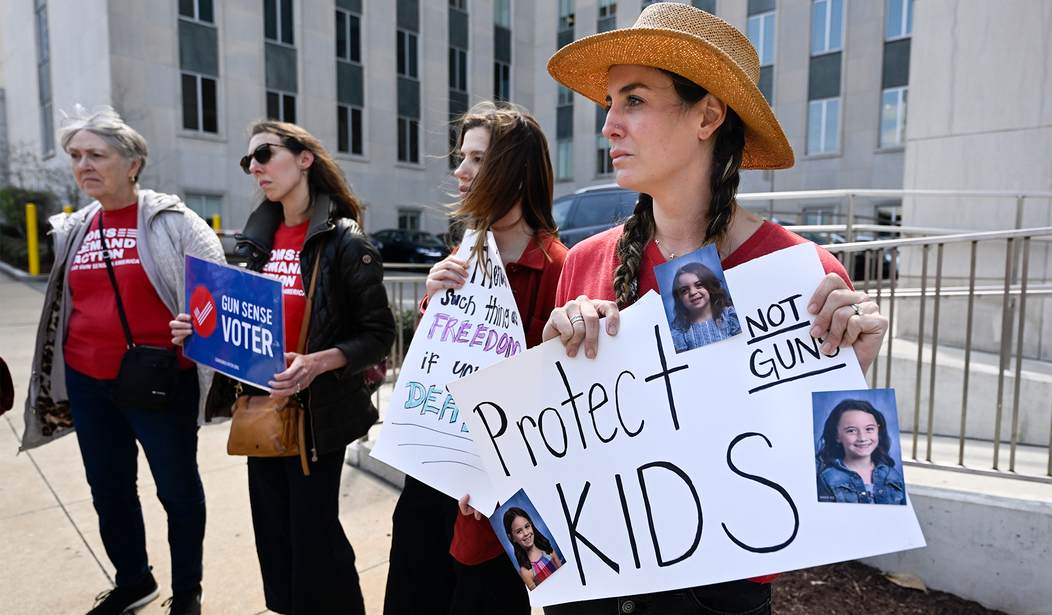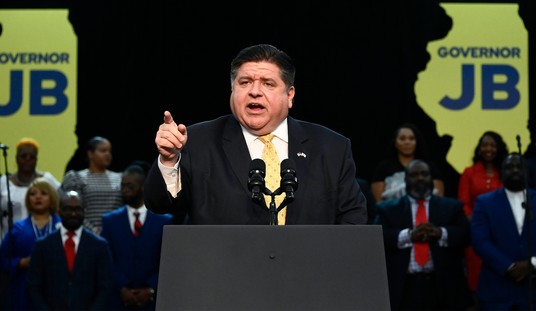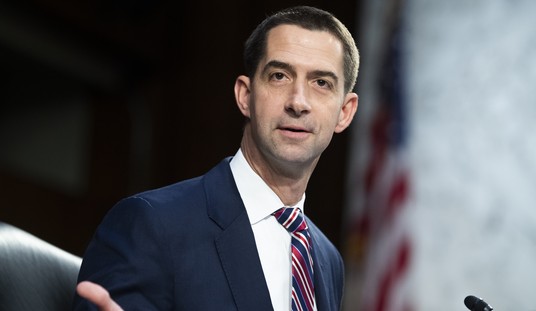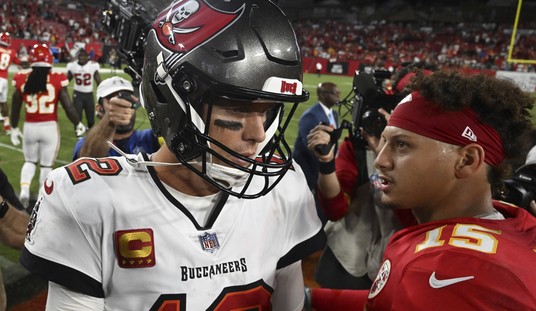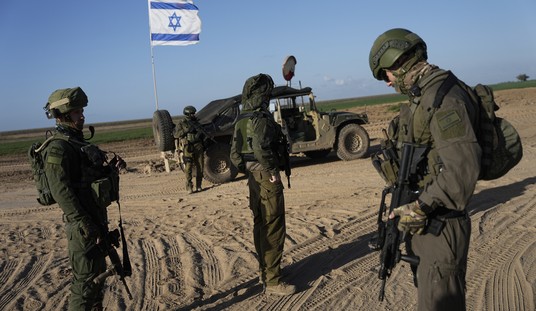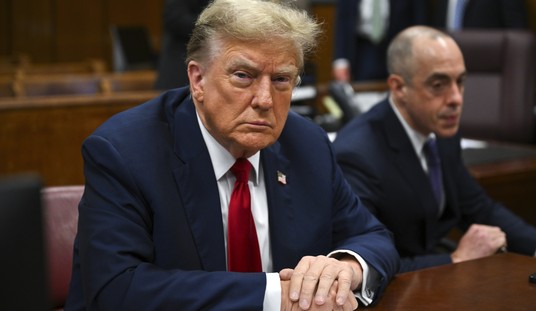Every time there is a school shooting, the nation goes through the same process. First, we grieve for about five minutes, and then the politicking starts.
The process can vary depending on key factors in the case. These factors include the race or sexuality of the assailant, the type of gun that was used, how the firearms were obtained, and other details. These are the elements on which the narrative is typically shaped by Democrats and members of the activist media.
But in most cases, the politicking involves Democrats exploiting the deaths of children to play on the emotions of the populace, as a means of getting people to support passing stricter gun laws to restrict lawful Americans from exercising their right to keep and bear arms. The only solution they support is more gun legislation—even if it would not have stopped the atrocity that is dominating the news cycle at that moment.
This scenario is playing out in the conversation of the Nashville school shooting. But another detail has emerged showing that the anti-gunner lobby is wrong once again in their desire to pass more gun restrictions. In a conversation with the New York Post, Nashville City Council member Robert Swope discussed the shooter’s manifesto, which is expected to be released to the public at some uncertain time in the future. But he also made a point that the left would rather not allow to see the light of day.
Swope noted that Audrey Hale, the shooter, had “looked at” two other public schools before concluding that “the security was too great to do what she wanted to do.”
“So she chose a private Christian school, for, probably the reason is that the security is a whole lot less,” he explained. Swope told the reporter that city officials were considering other ways “harden our schools from ballistics, active AI systems that can recognize guns at a hundred yards outside under any circumstances.”
This is the crux of the matter. Hale knew she wanted to carry out a mass shooting – she just needed the “right” target. In this case, as in many others, she determined that the one with fewer security measures would be most appropriate. Unfortunately, she was right, which is a reality that seems lost on those who are more concerned with ensuring fewer people can own firearms than with safeguarding America’s schoolchildren.
Indeed, the anti-gunner lobby, by and large, won’t even consider taking steps to turn schools into hard targets that would discourage and stop would-be mass shooters from carrying out these types of assaults.
The issue of school shootings has been a topic of intense debate in recent years, with policymakers, educators, and parents alike grappling with how best to protect students and prevent tragedies from occurring. While there is no easy solution to this complex issue, many have suggested the idea of “hardening” schools – that is, making them more difficult targets for potential shooters.
The concept of hardening schools involves a variety of measures, ranging from physical security enhancements to more robust mental health services. Some proponents of the idea argue that by making schools more secure, potential shooters will be deterred from targeting them in the first place.
One of the most visible ways to harden schools is by increasing physical security measures. This can include installing security cameras, metal detectors, and bulletproof glass. It also involves armed security that can eliminate a threat before they can carry out a shooting. Some schools have also implemented lockdown drills and added more secure entryways, such as keycard or biometric access systems.
While the idea of hardening schools is not without its critics, there are compelling arguments in favor of taking a proactive approach to school security. Perhaps most importantly, hardening schools can save lives. By making it more difficult for shooters to gain access to schools, and by providing students with the mental health support they need, we can reduce the likelihood of mass shootings occurring on school grounds.
Those who oppose the idea of hardening schools argue that it could create a fortress mentality. By implementing strict physical security measures, schools can supposedly create an atmosphere of fear and suspicion. These folks argue that this can be particularly damaging to the mental health and well-being of students, who may feel like they are trapped in a prison rather than a place of learning.
Of course, the other arguments against hardening schools is simply that restricting lawful Americans from owning firearms is actually the right move. They insist this is the best strategy even though they can rarely explain which proposed laws would actually stop these people from carrying out mass shootings.
Unfortunately, these people are not too concerned about protecting children. If they were, they would embrace the idea of making schools harder targets even if they also believed more gun control would be more beneficial. The reality is that their primary objective is to disarm as much of the public as possible – not prevent mass shootings.

